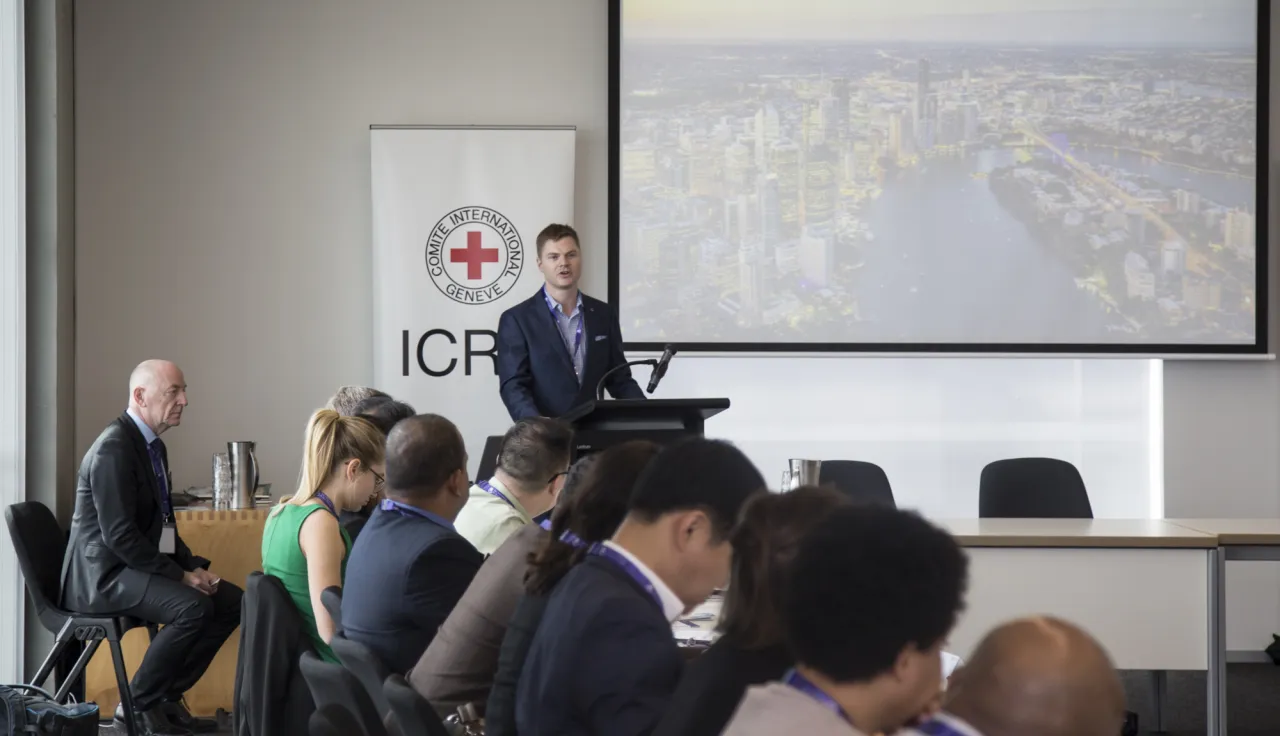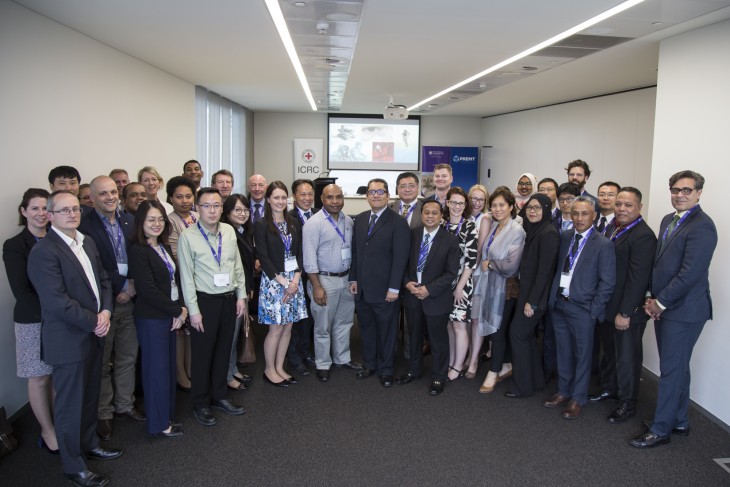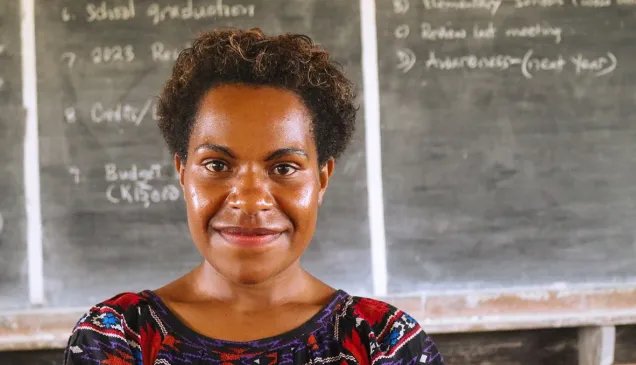Australia: New technologies and implications for states

Experts from government, military and academia have convened in Brisbane to discuss the legal and practical implications for states of rapidly advancing weapons technologies.
The International Committee of the Red Cross, the University of Queensland and the Program on the Regulation of Emerging Military Technologies co-hosted the seminar from 28 to 30 November.
"New weapons are being developed at a quicker pace than the law," said Netta Goussac, a legal adviser in the ICRC's Arms Unit, from the event. "But that does not mean that new weapons exist in a legal vacuum."
Through working groups, presentations and discussion, the Seminar on New Weapons Technologies and Implications for States sought to develop understanding of emerging weapons technologies.
It also sought to raise awareness of state obligations regarding these new technologies, ensuring they could be used in compliance with international humanitarian law.
In particular, the seminar highlighted practical measures states could undertake to fulfil obligations imposed by Article 36 of the first Additional Protocol to the Geneva Conventions.
Article 36 requires states to determine whether the study, development, acquisition or adoption of new weapons or methods of warfare would violate their obligations under international law.
"In the Asia-Pacific region, Australia and New Zealand are known to carry out legal reviews of weapons," the ICRC regional legal adviser Georgia Hinds said.
"The aim of this seminar is to give participants an opportunity to share experiences in relation to new weapon technologies, and to discuss common challenges."
In particular, participants considered the challenges of reviewing cyber and autonomous weapons and weaponry in space.
Participants came from Australia, China, Fiji, Indonesia, Japan, Malaysia, New Zealand, Pakistan, Papua New Guinea, the Republic of Korea, Sri Lanka, Thailand and Vietnam.
"This seminar provided a welcome opportunity for academics and governmental officials from around the Asia Pacific region to exchange views on international legal issues relating to the development and use of military technology," said Dr Rain Liivoja from the University of Queensland. "I hope that this event will strengthen the collaboration between UQ and the ICRC in furthering the understanding of international humanitarian law."

The event was a starting point for a continued conversation with states in the region on these important issues towards ensuring respect for international humanitarian law.



